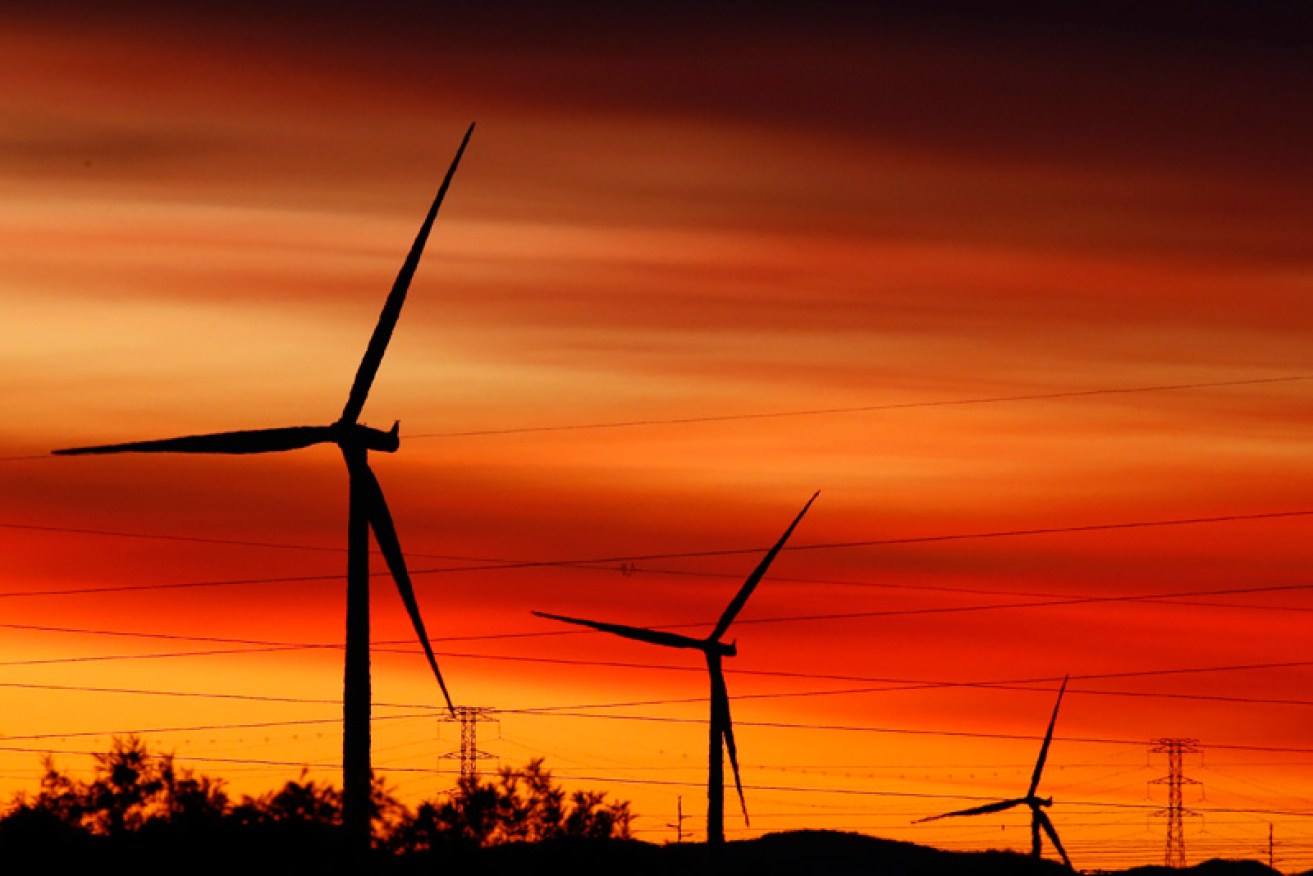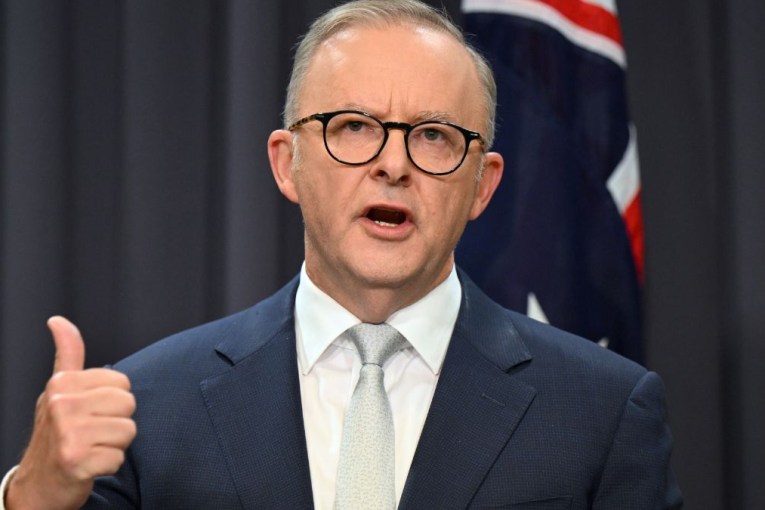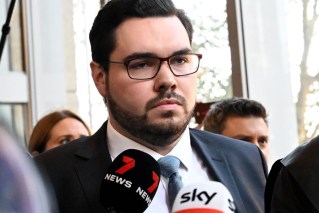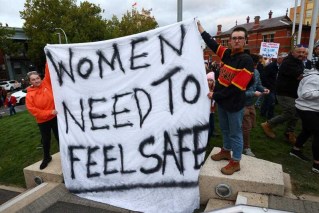Energy Minister Josh Frydenberg is walking on NEGshells and can’t put a foot wrong


The path to clean green energy is a maze of enmity and obstacles Josh Frydenberg must somehow negotiate. Photo: AAP
So much for Friday’s meeting of the COAG energy ministers being a ‘do or die’ situation for the National Energy Guarantee (NEG).
After weeks of the federal, state and territory ministers’ brinksmanship over energy policy, issuing ambit claims and ultimatums, they resoundingly decided at Friday’s pivotal meeting to … talk some more about it.
To be fair, this was an expected outcome, given the only other option was for the states to tell Energy Minister Josh Frydenberg to scrap the NEG altogether and start again. Such an outcome might have amused Labor energy ministers but it also would have sent energy producers and energy-intensive businesses into meltdown.
However there’s no obvious reason why Friday’s meeting should have been the last stand for the NEG. Minister Frydenberg may have been in a rush to have things wrapped things up in August, when there was still a chance of a federal election in September. But the slump in the Coalition’s vote at the Longman by-election and the other Super Saturday contests put an end to that possibility.

Energy Minister Josh Frydenberg will be looking to PM Malcolm Turnbull for support in negotiations with the states. Photo: AAP
It actually makes good sense to take a less-rushed approach to developing and finalising the NEG. Given the final policy will have to be supported by Labor and Coalition governments at the federal, state and territory levels, there’s no harm in taking more time to negotiate something that everyone can live with. That would provide the certainty energy producers and users alike are crying out for.
Despite the Victorian government saying it has “postponed approval” even as Minister Frydenberg was saying the states have agreed to “take the NEG to the next stage”, those next steps in the process are clear.
The Turnbull government only has the power to set the emissions-reduction target for the NEG. It’s left to the states and territories to pass legislation in their own parliaments that would create the ‘mechanism’ – the electricity market rules, in other words – that establish the NEG.
The states say they won’t move on their legislation until Mr Frydenberg has received Coalition party room approval for his. So the Energy Minister will seek this approval on Tuesday, and Prime Minister Malcolm Turnbull has told the states he’s confident the vast majority of the party room will give their support.

Tony Abbott has hinted he will cross the floor to keep the coal fires burning. Photo: Getty
Mr Turnbull may be confident because he plans to offer Liberal coal supporters a guarantee that will make it more economically attractive for investors to build more ‘dispatchable’ power generation. Coal supporters think this means new coal-fired power stations, but there are cheaper forms of dispatchable power such as gas, hydro or solar and wind paired with batteries.
The states claim that if the emissions reduction part of the NEG is approved by the Coalition party room, they will release a draft of their own NEG legislation for four weeks’ public consultation.
It’s quite possible, however, the states will renege on this commitment if they believe a side deal on coal means the Turnbull government has not stayed true to the NEG’s primary purpose of reducing emissions.
As Josh Frydenberg claimed on Friday, the governments had “a collective responsibility to deliver cheaper, more reliable and clean power for Australian families and businesses.” That responsibility won’t be fulfilled if the Turnbull government offers the states little in the way of emissions-reduction through the NEG while simultaneously encouraging increased emissions by subsidising more coal-fired power.
There are also other potential stumbling blocks, such as the Victorian Labor government’s demands about what should be in the federal government’s legislation. These include making it impossible to reduce the emission reduction target, initially to be set at 26 per cent, but easier to increase it.
While those requests make good sense from a climate action perspective, because reducing Australia’s electricity emissions by 26 per cent is not enough to meet our Paris commitments, they will be like a red rag to a bull for the pro-coal conservatives in the Coalition. Not only do those reactionaries want to scrap the NEG, they also want Australia to withdraw from the Paris agreement.
But it won’t be Team Abbott that concerns the Energy Minister at the party room meeting next Tuesday. Given that rump of arch-conservatives is just as anti-Turnbull as it is pro-coal, it’s unlikely he will ever be able to satisfy their concerns. However, Mr Frydenberg must be able to assure the rest of the Coalition party room that a NEG with bipartisan support is the only way to create the certainty that will bring down electricity prices.
If he succeeds in that task, he will have to do it all again with the Labor states. Then it really will be a do-or-die proposition.








